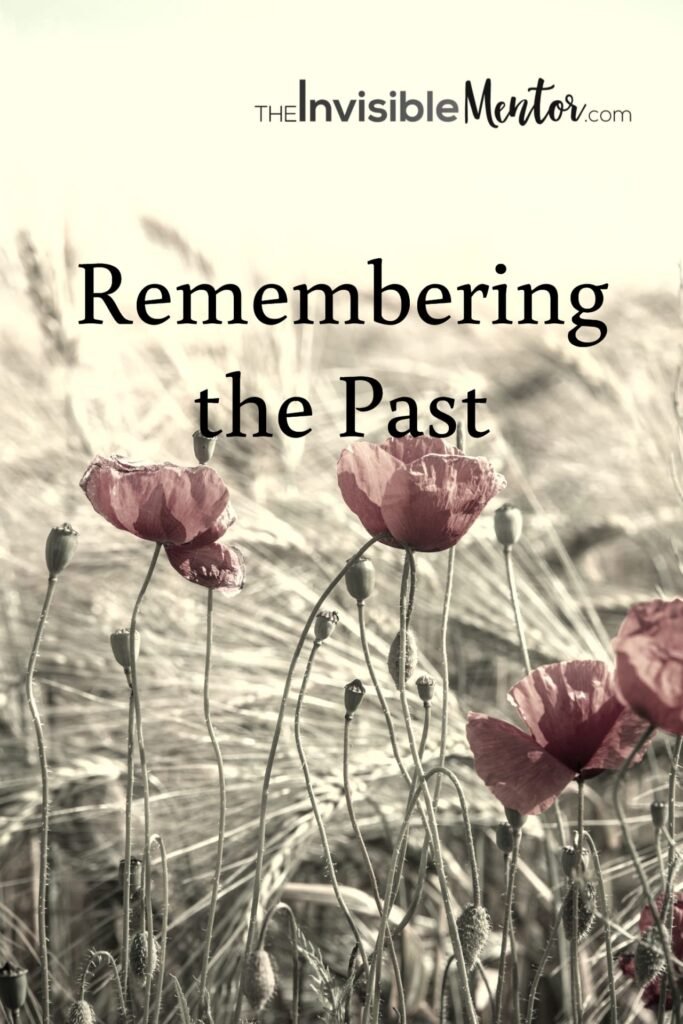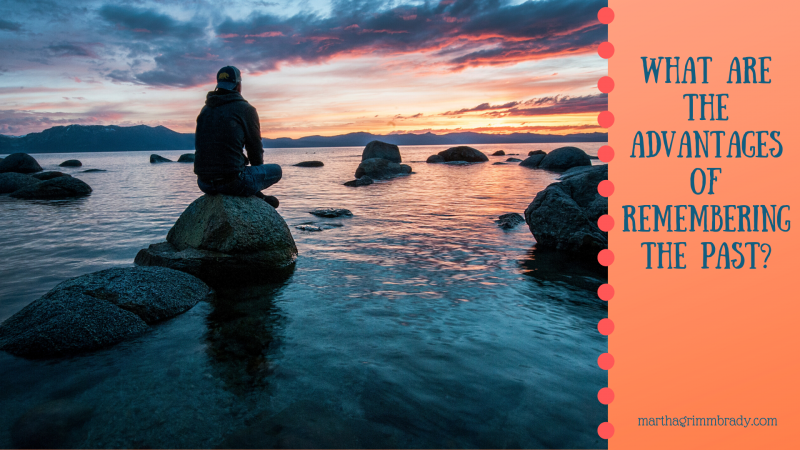those days when you used to run around outside with your friends, the world seeming like a limitless playground? How about the times when you would sit around the dinner table with your family, sharing stories and laughter? It’s incredible how our memories have the power to transport us to moments filled with joy, love, and nostalgia. In this article, we’ll explore the fascinating concept of remembering the past and how it impacts our present and future. So, grab a cup of coffee and get ready to delve into the depths of your memories!
Our memories are like little time capsules, preserving moments that have shaped us into who we are today. From the simplest interactions to the most life-changing experiences, they help us understand ourselves and the world around us. They can bring back vivid sensations, from the aroma of your mom’s homemade apple pie to the feeling of sand between your toes on that unforgettable beach vacation. And although memories may fade or change over time, they leave an indelible mark on our hearts and minds.
But why do we remember some experiences with such clarity while others are like fragments floating in the fog of our minds? The answer lies in the intricate workings of our brain. Through an intricate network of neurons and connections, our brain forms and retrieves memories, making them readily available for recall. It’s like a library filled with an assortment of books, each containing a unique story waiting to be reopened and relived.
In the following article, we’ll take a closer look at the different types of memories, such as episodic and semantic memories, and how they shape our perception of the world. We’ll also dive into the fascinating phenomenon of memory recall and explore the ways in which we can enhance our ability to remember. So, sit back, relax, and let’s embark on a journey through the corridors of your past experiences. the Past
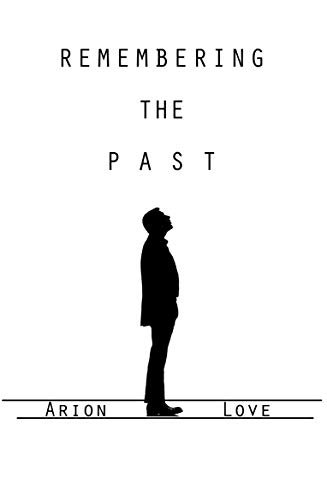
Historical Significance
Events that shaped our past
History is a never-ending story, filled with countless events that have shaped the world we live in today. From ancient civilizations to modern revolutions, every event has had a profound impact on our society. Whether it’s the rise and fall of empires, the signing of pivotal treaties, or the exploration of new lands, these events have left an indelible mark on our collective memory.
Importance of learning history
Learning history is not just about memorizing dates and names; it is about understanding the past and how it has shaped the present. It allows us to learn from our mistakes, celebrate our achievements, and better understand the world around us. By studying history, we gain a deeper appreciation for the struggles and triumphs of our ancestors, and we gain invaluable insights into the complexities of human nature.
Preservation of historical artifacts
Preserving historical artifacts is crucial for maintaining a connection to our past. These artifacts provide tangible evidence of the events and people that have shaped our history. Whether it’s an ancient artifact from a long-lost civilization or a personal item from a significant event, these artifacts bring history to life and allow us to understand the world as it once was.
Emotional Connection
Nostalgia and personal memories
Nostalgia is a powerful emotion that can transport us back in time and evoke cherished memories. Whether it’s flipping through old photo albums or revisiting familiar places, nostalgia allows us to relive moments of joy and happiness. By reminiscing about the past, we can gain a sense of comfort and reconnect with our younger selves.
Impact of collective memories
Collective memories play a vital role in shaping our identity and sense of community. Shared experiences, such as national holidays or historical events, bring people together and foster a sense of belonging. These memories create a shared narrative that allows us to celebrate our heritage and cherish our cultural traditions.
Reminiscing through photos and videos
In today’s digital age, we have countless ways to preserve and revisit our memories. Whether it’s through old photographs, home videos, or social media posts, technology allows us to capture moments and revisit them whenever we please. These visual reminders serve as a bridge between the past and the present, allowing us to reflect on our journey and appreciate how far we’ve come.
Cultural Heritage
Preserving cultural traditions
Cultural heritage is the legacy of traditions, customs, and practices that are passed down from generation to generation. These traditions provide a sense of identity and pride, allowing individuals to connect with their roots. By preserving cultural traditions, we ensure that future generations have the opportunity to experience and appreciate the richness of their heritage.
Festivals and rituals
Festivals and rituals are an integral part of cultural heritage. They serve as a celebration of a community’s unique traditions and beliefs. Whether it’s a religious ceremony, a harvest festival, or a cultural gathering, these events bring people together and serve as a reminder of our shared history.
Language and dialects
Language is a fundamental aspect of cultural heritage. It shapes our way of thinking, our relationships, and our connection to our heritage. By preserving endangered languages and dialects, we can ensure that future generations have access to their cultural heritage and the rich tapestry of human expression.
Lessons Learned
Avoiding past mistakes
History provides us with valuable lessons that can help us avoid repeating past mistakes. By studying the causes and consequences of past events, we can gain a deeper understanding of the complexities of human behavior and make informed decisions in the present. History serves as a guide, allowing us to learn from the successes and failures of those who came before us.
Understanding societal progress
Studying history allows us to track the progress of societies over time. By examining historical trends, we can better understand the factors that have contributed to social change and progress. This understanding can inform our decisions and actions as we strive to create a more just and equitable society.
Relevance in decision-making
History is not simply a subject to be studied in the classroom; it is relevant to everyday life. By understanding the historical context of current events, we can make more informed decisions and better navigate the complexities of the modern world. History provides us with a broader perspective and allows us to critically analyze the present in light of the past.
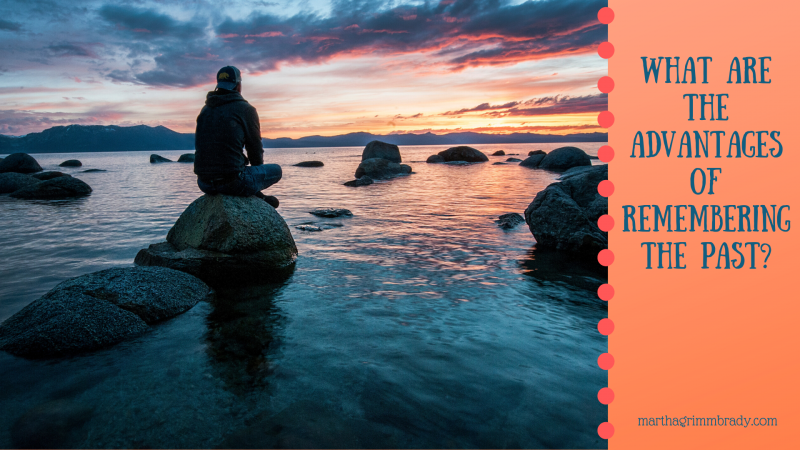
Keeping History Alive
Museums and historical sites
Museums and historical sites play a crucial role in preserving and sharing our history. These institutions house artifacts, documents, and exhibits that allow us to connect with the past in a tangible way. Whether it’s exploring ancient ruins, visiting a museum, or engaging in interactive exhibits, these experiences bring history to life and create a lasting impact.
Educational programs and workshops
Educational programs and workshops provide valuable opportunities to learn about history in an interactive and engaging manner. By participating in hands-on activities, attending lectures, or joining historical societies, individuals can deepen their understanding of the past and gain new perspectives. These programs not only educate, but they also inspire a love for history and a desire to preserve it for future generations.
Historical reenactments
Historical reenactments bring history to life in a vivid and immersive way. By recreating historical events, individuals can step back in time and experience a glimpse of what life was like in a particular era. These reenactments provide a unique opportunity to engage with history and foster a deeper appreciation for the sacrifices and struggles of those who came before us.
Exploring Untold Stories
Overlooked narratives
History is often written from the perspective of the dominant group, leaving many stories untold. By actively seeking out and amplifying marginalized narratives, we can gain a more comprehensive and accurate understanding of the past. This inclusive approach to history allows us to challenge traditional narratives and ensure that all voices are heard.
Minority histories
Minority histories are an essential part of our collective memory. By exploring the experiences and contributions of marginalized groups, we can gain a more nuanced understanding of our shared history. These stories provide valuable insights into the struggles, triumphs, and resilience of communities that have often been overlooked or marginalized.
Uncovering forgotten events
History is filled with forgotten events that have the power to reshape our understanding of the past. By uncovering these hidden stories, we can fill in the gaps and create a more complete picture of history. Whether it’s rediscovering lost artworks, uncovering forgotten battles, or shedding light on little-known historical figures, these discoveries enrich our understanding of the past.
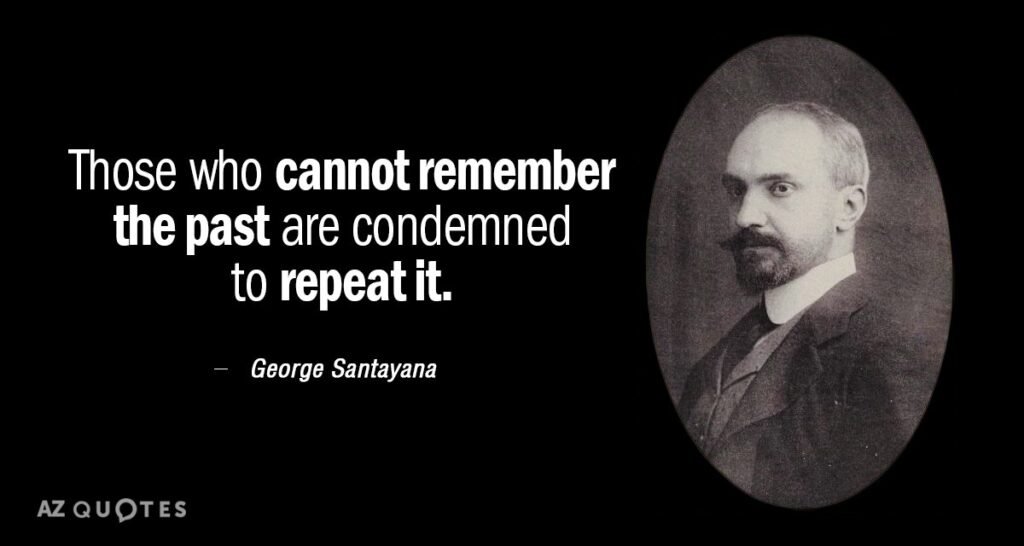
Impact on Identity
Cultural identity and heritage
Our cultural identity is shaped by our history, traditions, and values. By embracing our cultural heritage, we strengthen our sense of self and foster a deeper connection to our community. Whether it’s through language, food, art, or music, cultural identity provides a source of pride and helps us navigate our place in the world.
Pride in shared history
Shared history gives us a sense of pride and collective purpose. By celebrating the achievements of our ancestors, we acknowledge the sacrifices and struggles that have brought us to where we are today. This shared history strengthens our bonds as a community and allows us to face the future with confidence and resilience.
Sense of belonging
History provides us with a sense of belonging and a connection to something larger than ourselves. By recognizing our place in the historical narrative, we can find meaning and purpose in our own lives. Whether it’s through exploring our family history, understanding our cultural roots, or embracing our national identity, history deepens our sense of belonging and reminds us that we are part of a larger story.
Analyzing Historical Context
Understanding historical perspectives
Understanding historical perspectives is key to developing a comprehensive understanding of the past. By considering the viewpoints and motivations of different individuals and groups, we can gain a more nuanced interpretation of historical events. Analyzing historical context allows us to move beyond simplistic narratives and engage with the complexities of history.
Societal conditions and norms
Societal conditions and norms shape the course of history. By examining the social, economic, and political factors that influenced past events, we can better understand their causes and consequences. This understanding allows us to critically analyze our own society and work towards creating a more just and equitable future.
Political and economic factors
Political and economic factors play a significant role in shaping historical events. By examining the impact of political decisions, power dynamics, and economic systems, we can gain insights into the forces that have shaped our world. This analysis allows us to challenge existing power structures and advocate for positive change.
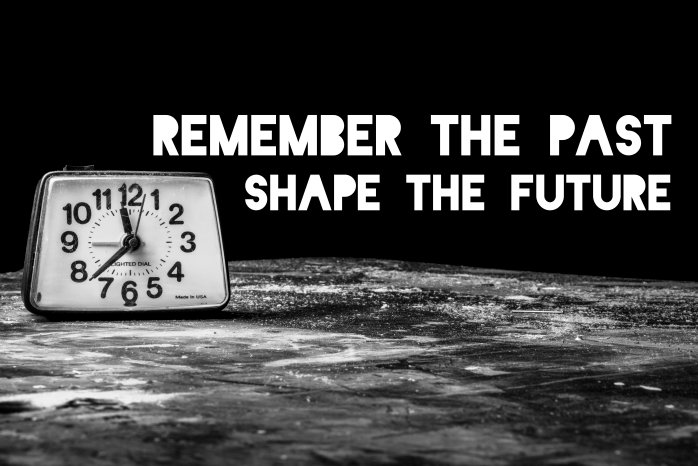
Preserving History for Future Generations
Importance of passing down knowledge
Passing down knowledge is essential for preserving our history and ensuring that future generations have access to our collective memory. By sharing stories, traditions, and experiences with younger generations, we create a sense of continuity and keep our history alive. This intergenerational exchange allows us to connect with our past and pass on the values and lessons learned from previous generations.
Recording oral histories
Oral histories are a valuable tool for preserving the stories and experiences of individuals who may not have left written records. By recording interviews with older generations, we can capture their wisdom, memories, and personal perspectives. These oral histories provide a unique insight into the everyday lives of people in different historical periods and help to fill in gaps in the historical record.
Digitization and archival practices
Digitization and archival practices have revolutionized the preservation of historical records. By digitizing documents, photographs, and other artifacts, we ensure their long-term accessibility and reduce the risk of loss or deterioration. This technological advancement allows researchers, historians, and the general public to access and engage with historical materials in ways that were previously unimaginable.
Conclusion
Embrace the power of reminiscence
As you reflect on the past, embrace the power of reminiscence. Remember the events that have shaped our world, learn from our collective history, and appreciate the stories of those who came before us. By embracing our shared heritage, we foster a sense of connection and belonging that transcends time and place.
Appreciate the past for a better future
Appreciating the past is not about dwelling in nostalgia or longing for a simpler time. It is about recognizing the achievements, sacrifices, and struggles of our ancestors. By understanding where we come from, we can better navigate the complexities of the present and work towards building a better future.
Remembering our roots
In a world that is constantly changing, it is important to remember our roots. Our history provides us with a foundation, a roadmap, and a source of inspiration. By preserving our history, sharing our stories, and embracing our cultural heritage, we ensure that future generations will have the opportunity to learn from the past and shape a future that reflects our collective values and aspirations.
So, as you journey through life, take the time to remember the past. Explore the untold stories, celebrate cultural traditions, and learn from the lessons of history. By doing so, you will not only deepen your understanding of the world around you but also forge a deep connection to your own unique place in the grand tapestry of human history.
